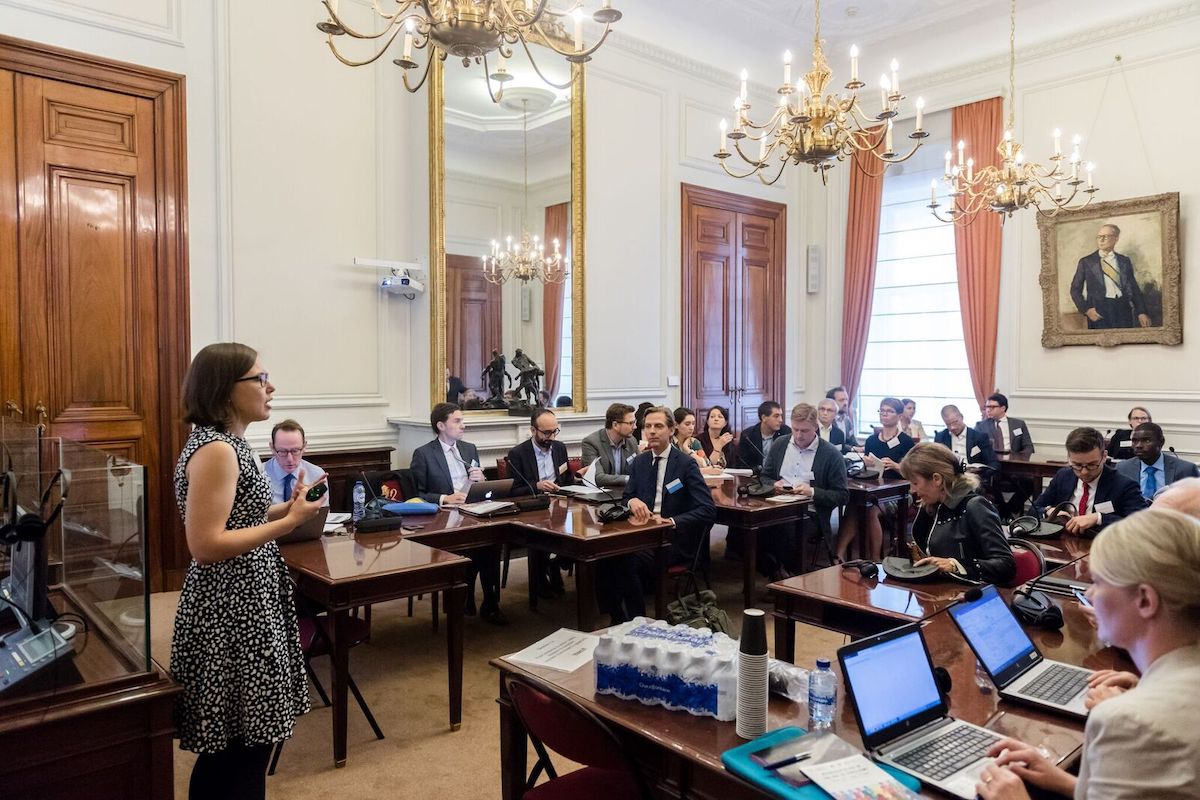Events
Next events:
Monday 12th February 2024 (15:00-17:30):
Party People: Candidates and Party Evolution [hybrid]
CEDAR and REPRESENT welcome Allan Sikk and Philipp Koker, who will be discussing their new book Party People: Candidates and Party Evolution (OUP, 2024) with Tim Haughton, author of The New Party Challenge (OUP 2021). Political parties are nothing without their people and candidates are essential to parties’ core functions – contesting elections, filling political offices, and shaping policy. Candidates are the literal ‘face’ of parties, yet they are not wedded to them permanently: candidates can enter or leave politics, switch parties, move along or stay behind when parties split or merge. Even in parties that look stable, candidate change happens below the surface, ultimately altering what the parties stand for. Inspired by evolutionary theories, Party People conceptualizes candidates as ‘party genes’ and develops a candidate-based approach to party evolution. Tracking candidates between elections and parties opens up new perspectives on party development in complex and dynamic settings in Central and Eastern Europe (CEE) and beyond. Based on a new database of 200,000 electoral candidates from over 60 elections across nine CEE democracies, this book presents a groundbreaking study of party evolution using candidate change as an indicator of party change. Allan Sikk and Philipp Köker offer a series of methodological and conceptual advances for the measurement of candidate turnover, party fission and fusion, programmatic change, and party leadership change; the resulting analyses make a significant contribution to the study of CEE party politics as well as to the general scholarship on elections, parties, and political change.
Speakers: Allan Sikk (UCL-SSEES) and Philipp Köker (Leibniz University Hannover)
Discussant: Tim Haughton (University of Birmingham)
Location (this is a hybrid event): Ashley Building 422, University of Birmingham Edgbaston Campus and online (link upon registration).
Please choose the format in which you would like to attend: Register in Person or Register Online.
Tuesday 13th February 2024 (15:00-16:30):
Why Norms Matter: The Normalization of the Radical Right [hybrid]
REPRESENT welcomes Dr Vicente Valentim (University of Oxford) to present new work on the radical right.
Why are democratic citizens increasingly willing to engage in radical-right behavior, such as voting for radical-right candidates or participating in xenophobic protests? Against previous research, I argue that this is not due to an increase in radical-right preferences among the electorate. Instead, these processes are driven by individuals who had long held radical-right views, but who hid them because they thought they were socially unacceptable. If these voters do not show their views, politicians underestimate how much latent support there is for radical-right policy. This makes radical-right candidates worse quality. If better politicians run for politics with a radical-right platforms, however, they are able to mobilize this muted support for radical-right views, becoming electorally successful. This electoral success, in turn, makes individuals perceive that norms against radical-right behavior are weaker. Radical-right individuals become more comfortable showing their views, and more politicians join the radical right. The argument of the book makes us rethink how political preferences translate into behavior, shows how social norms affect the interaction of political supply and demand, and highlights how a political culture that promotes inclusion can erode.
This event will be held as a hybrid: in Monica Partridge C12 (University of Nottingham, University Park Campus) and Online. Please indicate your preferred mode of attendance here: Registration.
Wednesday 21st February 2024 (14:30-16:00):
Participation, Gender, and Legitimacy in Party Leader Selection [hybrid]
REPRESENT welcomes Dr Zeynep Somer-Topcu (University of Texas) to give a guest lecture on her new work on participation, gender, and legitimacy in party leader selection.
Previous research has shown that expanding the leadership selectorate to include party members and having competitive leadership elections have a number of short-term benefits for a political party (Cozza and Somer-Topcu 2021). However, while we know that inclusive and competitive selections for party leadership help the party and improve procedural evaluations, we do not know how inclusive and competitive elections affect leader evaluations, and particularly for this paper, how the inclusive election procedure and the competitive leadership elections affect the substantive legitimacy evaluations of women leaders compared to men. We examine the gendered effects of selection details for party leadership with a conjoint experiment in the UK and show that women benefit more from inclusive and competitive leadership elections.
The guest lecture will be held as a hybrid: in Monica Partridge E04 (University of Nottingham, University Park Campus) and Online. Please indicate your preferred mode of attendance here: Registration.

